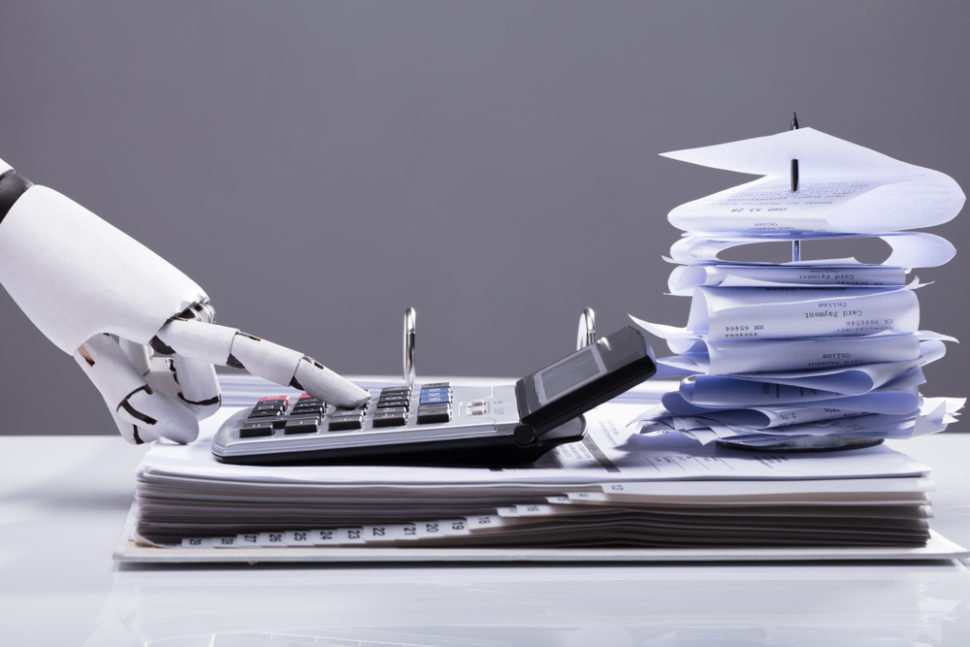Unlike many other figures from the Democratic party, Alexandria Ocasio-Cortez is too young to run for president in 2020, even if she wanted to.
But until that becomes possible, the youngest Congress representative and the democratic socialist has a lot to cut her political teeth on.
Imitating Senator Bernie Sanders who regularly lambasts billionaires, Ocasio-Cortez also wants to fight the income gap by taxing wealthy Americans.
Sanders calls for raising the federal estate tax on the richest 0.2 percent of Americans by up to 77 percent.
Ocasio-Cortez, whose policy advisor thinks every billionaire is a “policy failure”, wants to fund the “Green New Deal” to fight climate change via a 70 percent tax on every penny made above $10 million in a given year (currently 37 percent).
Read More: The Green New Deal — Is it Feasible?
For a billionaire like Microsoft co-founder Bill Gates, who has paid over $10 billion in taxes over a lifetime, people like him should “pay significantly higher taxes.”
However, speaking with the Verge last month, Gates said that “extreme” politicians are missing the point and their tax plans would lead to tax dodging.
While Alexandria Ocasio-Cortez and Bill Gates have conflicting views on how to tax rich people, they find common ground regarding taxing robots.
Taxing Robots to Offset Their Economical Damage
In the U.S., a large number of tasks once carried out by humans are now automated. Over the next two decades, 130,000 federal jobs could be taken over by algorithms.
Some fear that AI and robots will cause a shortage of jobs and accentuate economic inequality, while others believe that these technologies would increase productivity and create more jobs.
Two years ago, Bill Gates called for imposing a tax on robots that take human jobs as a way to slow down automation and create other opportunities for human workers.
Now, he finds an ally in Alexandria Ocasio-Cortez.
Ocasio-Cortez was speaking at the South by Southwest (SXSW) festival in Austin when an audience member asked her about automation and its economic impact.
You can watch the whole video or fastforward to minute 55 to catch up with the question and Ocasio-Cortez response.
“We should not be haunted by the specter of being automated out of work. We should not feel nervous about the tollbooth collector not having to collect tolls anymore. We should be excited by that. But the reason we’re not excited by it is because we live in a society where if you don’t have a job, you are left to die. And that is, at its core, our problem,” she responded.
As solutions and measures to keep automation’s threat at bay, Ocasio-Cortez cited Bill Gates and his proposal of “taxing robots at 90 percent.”
While Bill Gates did talk about the topic, we couldn’t find any sources that back up Ocasio-Cortez’ claim he actually brought up this number.
Of course, as Ocasio-Cortez noted, it’s actually a tax on corporations and not robots themselves. But if a high tax on wealthy people has slim chances to pass, would a tax on wealthy corporations fare any better?



















How can government generate enough fund? Therefore, robots should shoulder taxes, too.
Definitely, robots are registered therefore should be imposed tax unless used for disaster management or for the benefit of the public.
Taxing robots might be a bad policy.
Hey Lisa, What makes you think so?